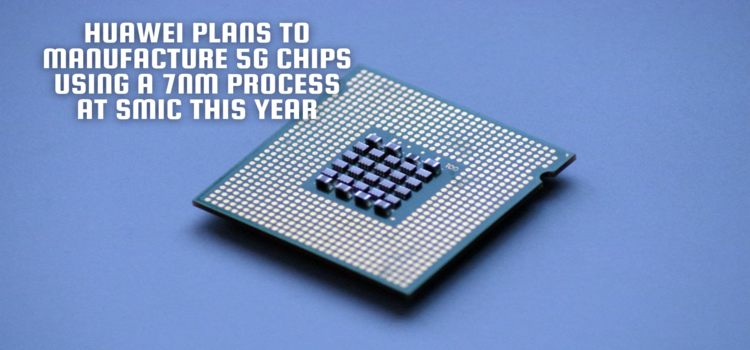According to the Nikkei, Huawei plans to manufacture 5G chips using a 7nm process at SMIC this year. In the past, SMIC successfully utilized the same 7nm process to produce a cryptocurrency mining chip for Bitmain Technologies. The 7nm process adopted by Huawei is believed to be SMIC's N+1 process, which TechInsights describes as having Fin Pitch (FP), Contacted Poly Pitch (CPP), and Metal 2 Pitch (M2P) sizes that are either larger or equivalent to TSMC's N10 process.
Despite this, the N+1 process from SMIC incorporates Extensive Design Technology Co-Optimization (DTCO) features and high-density logic libraries, enabling a transistor density of 89 million transistors per square millimeter (89MT/mm^2). This density is comparable to TSMC's N7 process and Intel's 10nm process, making SMIC's N+1 process a viable alternative in the 7nm-class category for manufacturing 7nm integrated circuits (ICs) this year.
